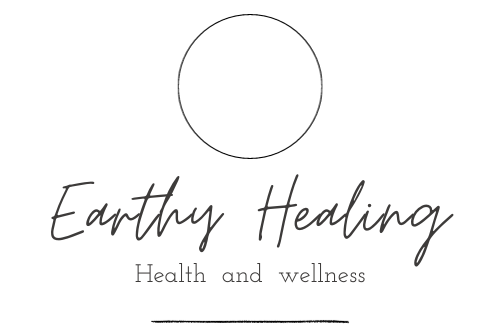Introduction:
Zinc, a trace mineral, is a powerhouse nutrient essential for numerous biological functions in the body. It plays a critical role in immune response, wound healing, DNA synthesis, and cell division. This article explores the importance of zinc, its benefits, sources, signs of deficiency, and recommended daily intake to help you harness its full potential for optimal health.
What is Zinc?
Zinc is a mineral found throughout the body, necessary for the functioning of over 300 enzymes that aid in metabolism, digestion, nerve function, and many other processes. It is vital for a healthy immune system and is crucial in the growth and division of cells, making it fundamental during pregnancy, infancy, and childhood for proper development.
Benefits of Zinc
- Immune Function: Zinc is essential for maintaining a strong immune system, helping to fight off invading bacteria and viruses.
- Wound Healing: This mineral is critical for skin health and wound healing, playing a significant role in collagen synthesis.
- Supports Healthy Growth: Zinc is crucial for cell growth and division, supporting normal development and growth in all stages of life.
- Hormonal Balance: It impacts hormone levels, including those involved in reproduction and fertility.
- Cognitive Function: Zinc has a role in neurotransmitter function and can affect learning and memory.
Sources of Zinc
Zinc is present in various foods, making it accessible through a balanced diet. Key sources include:
- Meat (beef, lamb, pork)
- Poultry (chicken, turkey)
- Seafood (oysters, crab, lobster)
- Legumes (beans, lentils, chickpeas)
- Nuts and seeds (pumpkin seeds, cashews)
- Dairy products (milk, cheese)
- Whole grains
Zinc Deficiency
Zinc deficiency can lead to various health issues, especially affecting immune function and skin health. Symptoms of zinc deficiency include:
- Weakened immune response
- Hair loss
- Diarrhea
- Delayed wound healing
- Loss of appetite
- Impaired taste and smell
Individuals at risk of zinc deficiency include vegetarians, pregnant and breastfeeding women, and those with gastrointestinal disorders.
Recommended Intake and Supplementation
The recommended daily allowance (RDA) for zinc varies based on age, gender, and life stage. Adult men typically need about 11 mg per day, while women need 8 mg. During pregnancy and lactation, the requirement increases. While dietary sources are generally sufficient to meet these needs, supplements may be necessary in cases of significant deficiency or malabsorption. It’s crucial to consult with a healthcare provider before starting any supplement regimen to avoid exceeding the upper intake level, as too much zinc can interfere with the absorption of other essential minerals like copper and lead to adverse effects.
Conclusion:
Zinc is a vital mineral that supports various critical functions in the body. Ensuring adequate zinc intake through diet or supplements when necessary can boost immune function, support healthy growth, and aid in wound healing, among other benefits. By understanding the importance of zinc and recognizing the signs of deficiency, individuals can take proactive steps to maintain optimal health and well-being.
